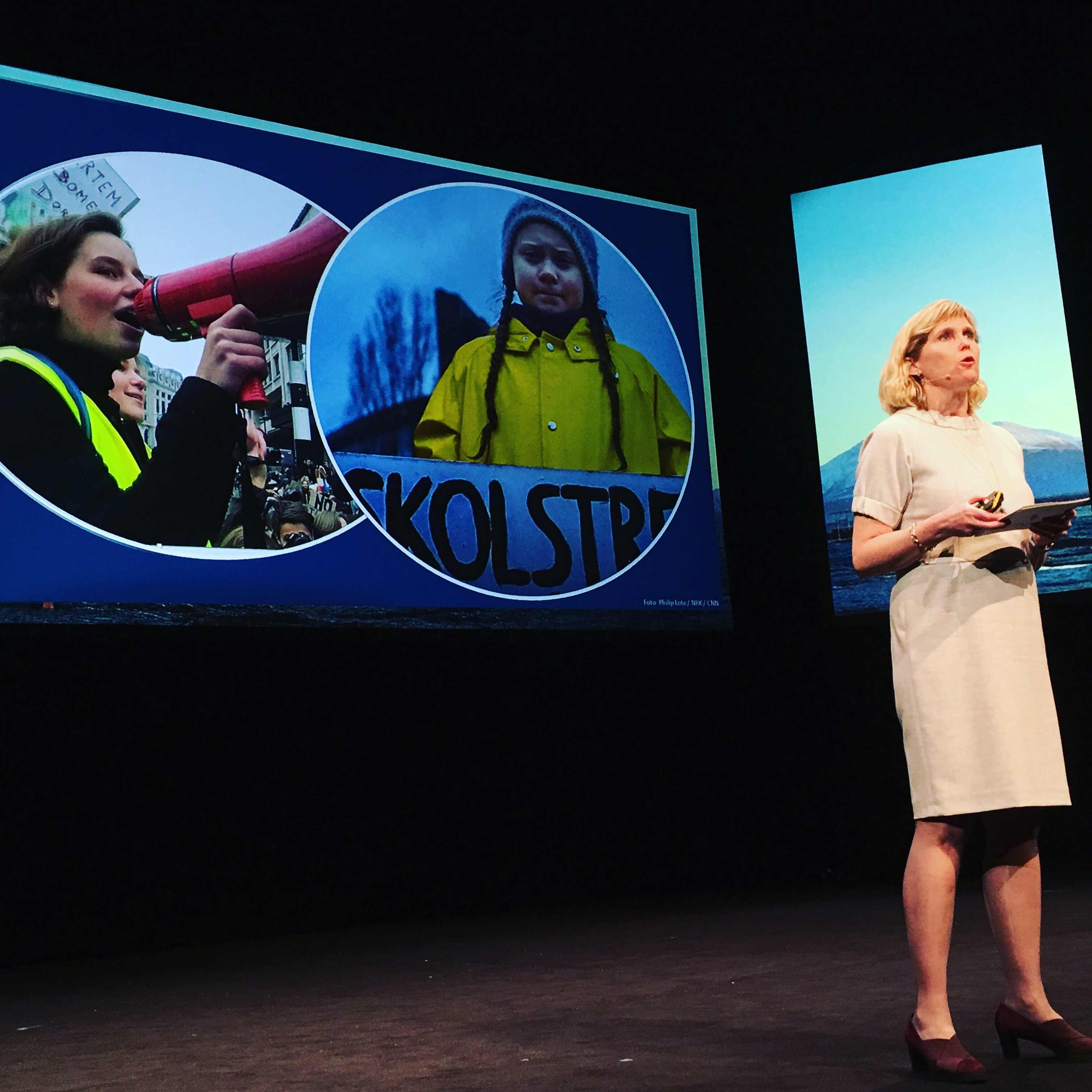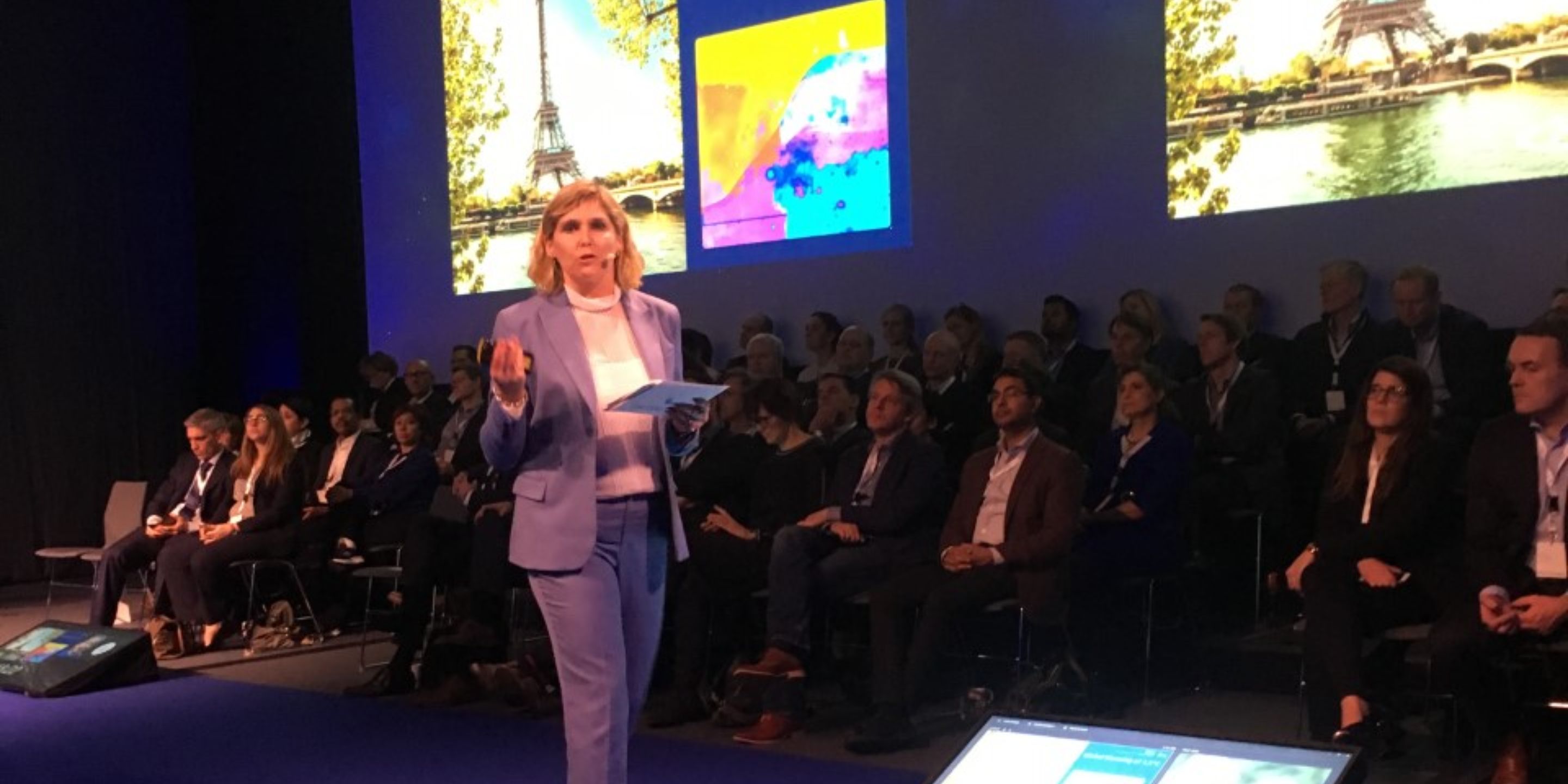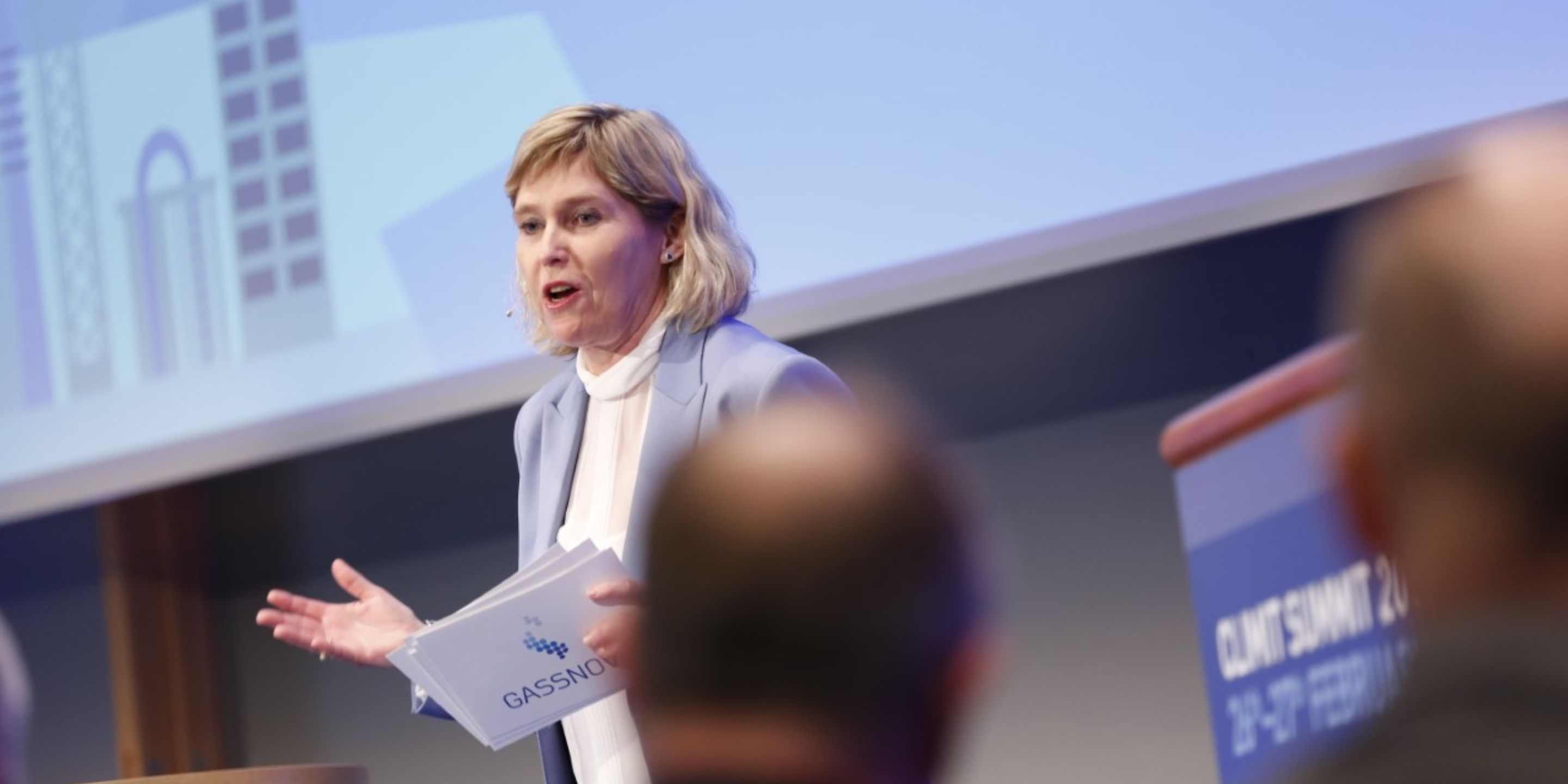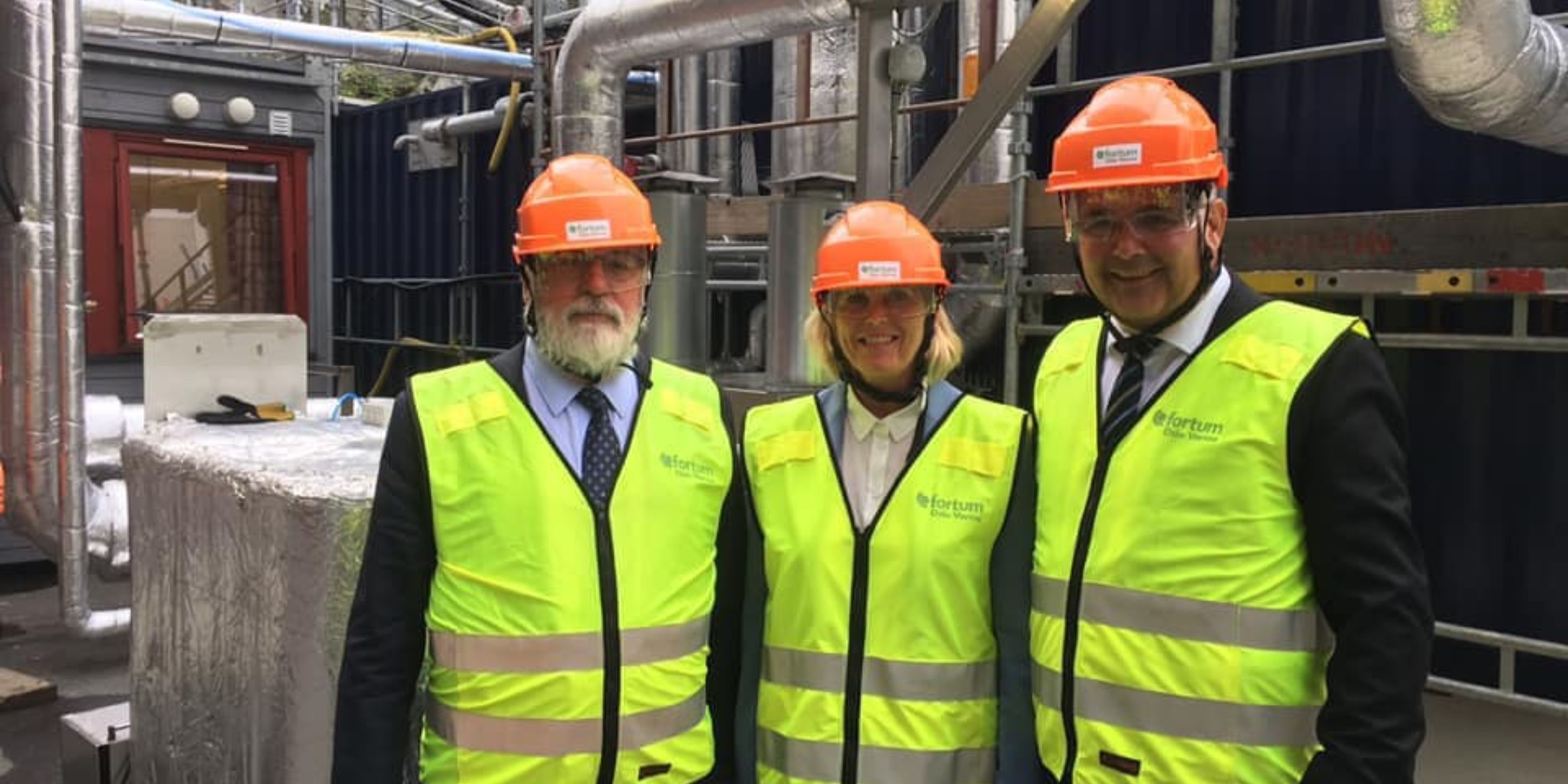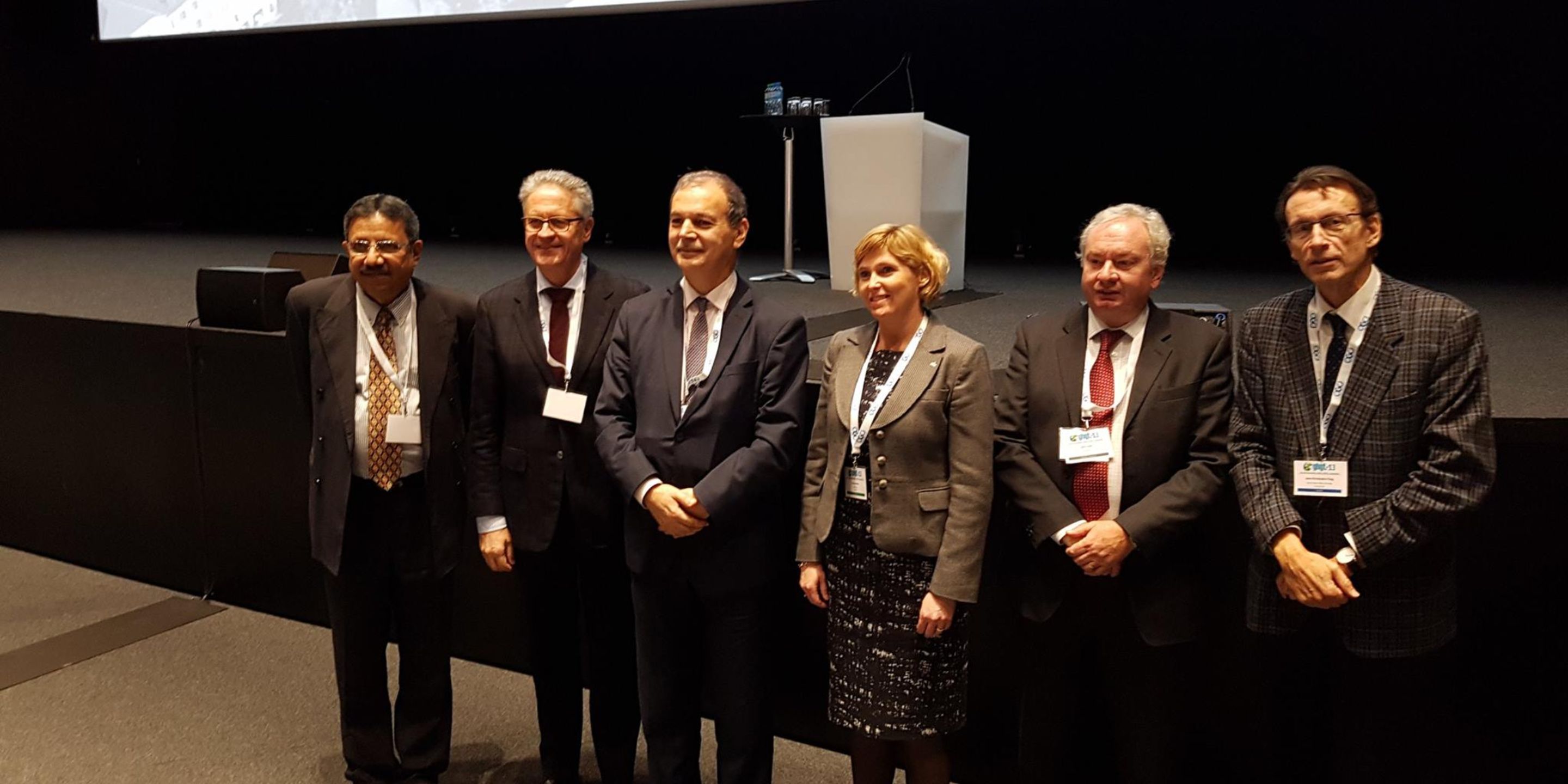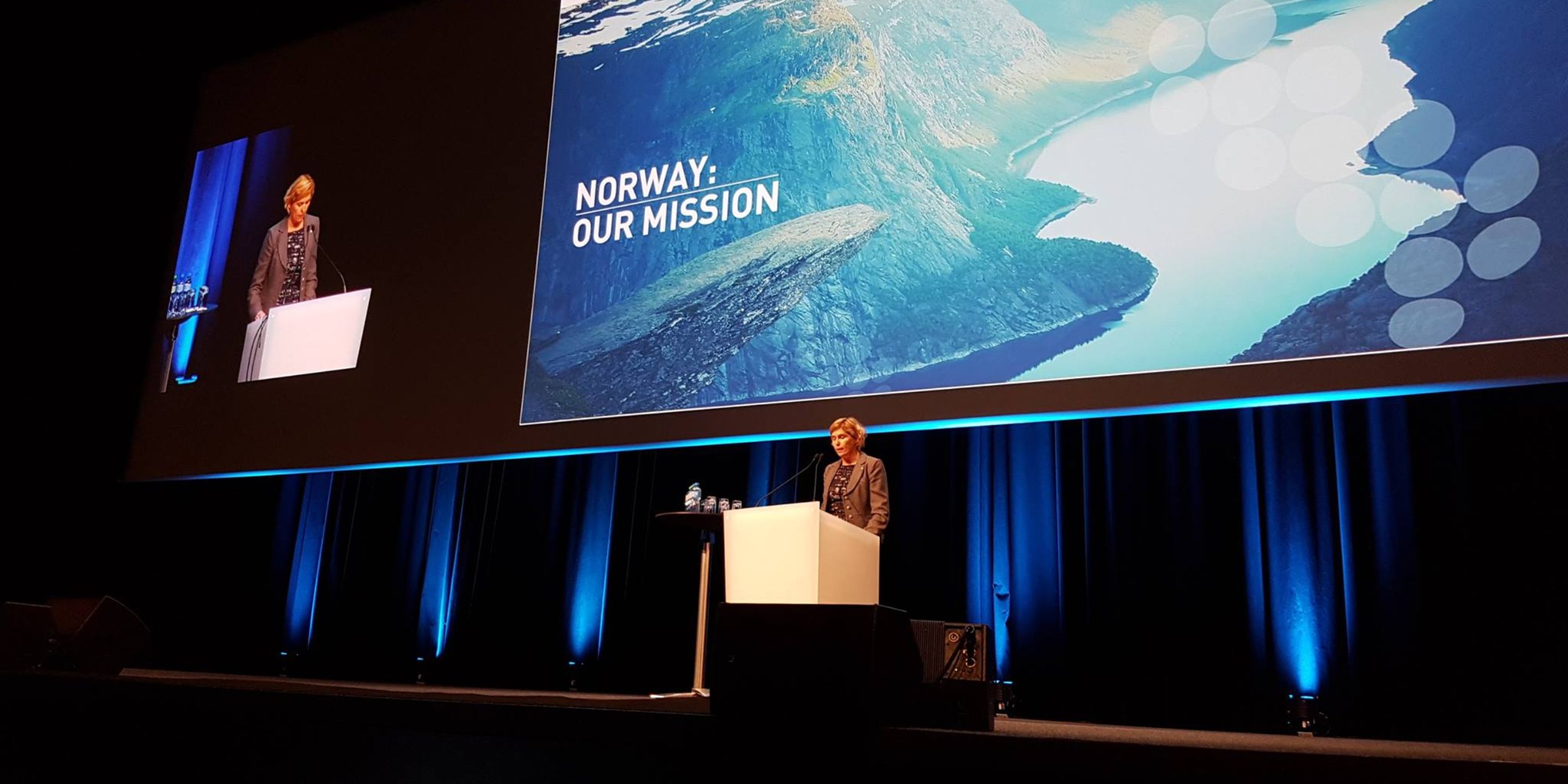Jenita Riat, Director at Human Capital, speaks to Trude Sundset, former CEO at Gassnova. Sundset reveals how her work to support the development of carbon capture storage led her to the forefront of sustainability research and development in the energy sector.
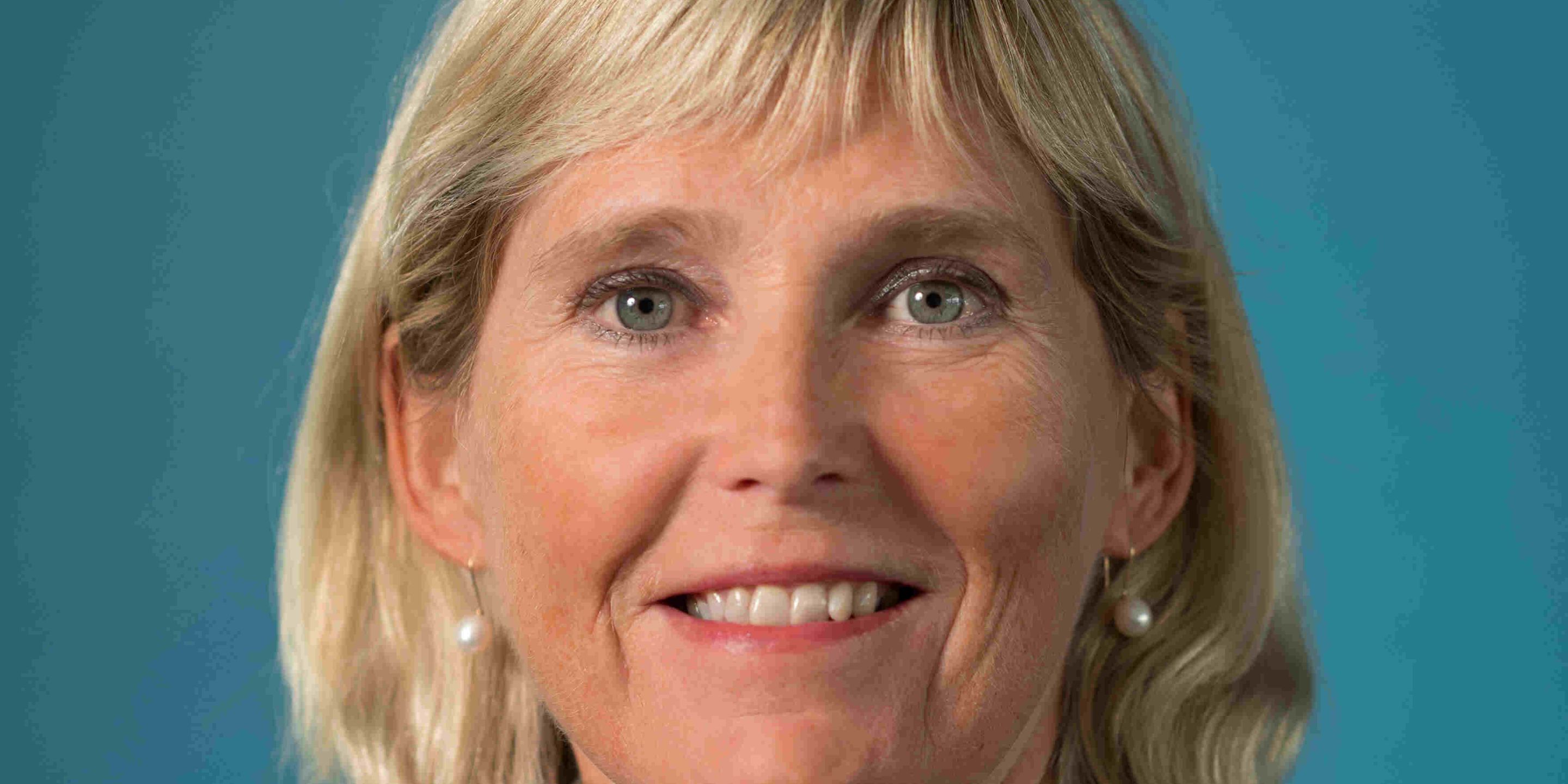
Accepting a challenging project to develop a new business unit for Norwegian oil and gas company Statoil (renamed Equinor in 2018) 20 years ago, has led to a successful career in sustainability for Trude Sundset, former Chief Executive Officer of Gassnova, the Norwegian state enterprise for carbon capture and storage (CCS).
An engineer by training, Sundset started out in research before beginning her leadership career in her early 30s – first within research groups at Statoil and later in more senior management positions at a corporate level. “By 2000, I was leading a special project for the CEO, which resulted in the creation of a new business area within the oil and gas company,” she says, referring to the CCS division. (You can find Sundset’s top tips for career success at the end of this article).
Climate change is here, it’s happening, we have to do something. And CCS is one of the solutions we have to go for.
“Climate change is here, it’s happening, we have to do something,” she says. “And CCS is one of the solutions we have to go for.” Sundset argues it will be particularly useful for large-scale industrial processes where emissions are otherwise hard to cut, such as refining and cement-making. It will also be crucial to the development of the hydrogen industry, she argues, which is increasingly being seen as another key technology in the fight to reduce global emissions. “If you are to produce hydrogen on a large scale, you need to use fossil fuels and that will absolutely rely on CCS to be emissions-free,” she explains.
Developing the ability to capture and store carbon emissions has become a key strategy for much of the oil and gas industry as it prepares to pivot in advance of the energy transition. As such, accepting the challenge to lead this special project at Statoil set Sundset on course for a very forward-looking, but sometimes challenging, career in the energy sector. Following on from her experience, she urges others in the industry – especially women – to say yes to any challenges that come along.
Her early start in CCS also supported Sundset’s career development outside of Statoil. She has been heavily involved in wider industry efforts to propel CCS into full-scale deployment, for example. This has included chairing conferences and game-changing roundtable meetings on CCS attended by industry leaders and politicians from across Europe.
In 2005, she was appointed chair of the technical committee of the Carbon Sequestration Leadership Forum (CSLF), a ministerial-level international initiative that aims to improve the cost-effectiveness of CCS technologies. “To be a part of this international organisation was a big career highlight,” she says. “And there were 40 men around the table, with maybe two women in addition to myself.” Sundset recalls how being the first woman in this role led the group to discuss how they would address her, as Chairman did not seem appropriate, and as a result, the title ‘Madam Chair’ was subsequently assigned. “I enjoyed telling people that I was now ‘Madam Chair’, Sundset says. “I have been fortunate to lead and organise big meetings and I’ve learned a lot from them. Everybody respects you for who you are and your skillset and knowledge.”
Thanks to this experience, as well as her background in chemical engineering, Sundset took up a CEO position with Gassnova a little more than five years ago to lead its development of CCS. “It had been the “up and coming” technology for many years, so my purpose was really to deliver on this and make it happen in the industry,” she says. And while Sundset was motivated by the challenge of bringing the technology to scale – and firmly believes in its key role in tackling the climate crisis – she admits it was a tough brief.
Renewable energy and energy efficiency technologies are both easier and generally considered more important to develop, but Sundset points out that CCS is also necessary, while at the same time harder to develop. “It’s very difficult to find the right business model; you have to rely on private/public partnerships and incentives from governments, until the cost of the technology drops, and the cost of emissions become higher,” she says. “With CCS, you are paying to reduce emissions, rather than actually selling something in the market [as with renewable energy].”
However, Sundset believes companies’ CCS deployment costs will be driven down and profits will be made in the sector. And she is certainly not the only one: Gassnova’s CCS project, Longship, gained government support in Norway last year. The project includes Northern Lights, the international CO2 transportation and storage project. A third of the total cost of the project will be industry-funded, alongside a 17 billion Norwegian krone (US$2.06bn) investment by the Norwegian government.
“When I started five years ago, there was absolutely no certainty that we would be able to raise that kind of capital to invest in this technology,” Sundset says. “I had to work really hard, together with my organisation and with the wider industry, to make this happen. And it took a lot of communication and convincing.”
Looking back, Sundset points out that, for her, the personal success of leading this project stemmed from her acceptance of the challenge of developing Statoil’s new energy project back in 2000. Similarly, “that [project] laid the foundations for the new energy business unit that was the beginning of a transition for the oil and gas company,” she says. “And 20 years later, it has now become the fastest-growing and most important part of that business.”
Looking to the future, Sundset says she is open to new challenges and will try to have an open mind rather than jump at the first opportunity. “I could continue working with CCS, since that now seems to be taking off and I still am passionate about that technology. But at the same time, I have a broader background in the energy business. I have worked with policies, with international organisations, and I have a good understanding of the different markets around the world. Hopefully, I’ll get to utilise my skillset and experience – I’m really looking forward to it.”
In the weeks following this interview, Trude accepted a role at Aker Horizons as Strategic Advisor and Business Developer – reporting to the CEO. Aker Horizons is an investment company dedicated to developing companies that solve the challenges to sustainable existence on Earth.
Trude Sundset’s top tips for career success
- Say yes to new opportunities and challenges: “Whether the task is big or small, just say yes.”
- Be curious and open-minded: “Be willing to learn new things and to grow.”
- Listen to feedback and use that advice to develop yourself: “Use feedback to actively develop yourself, but it’s also important to listen to yourself and be proud of yourself.”

